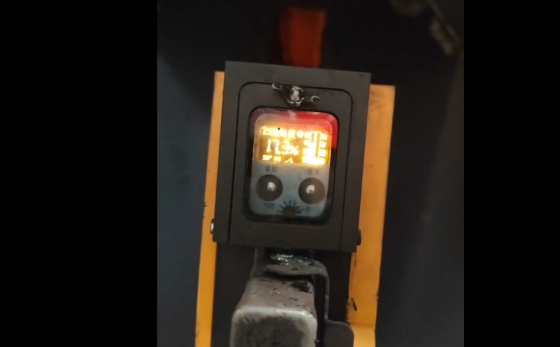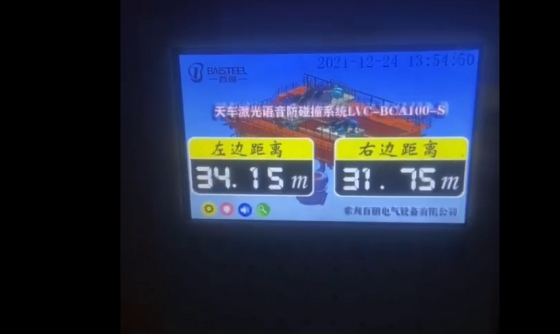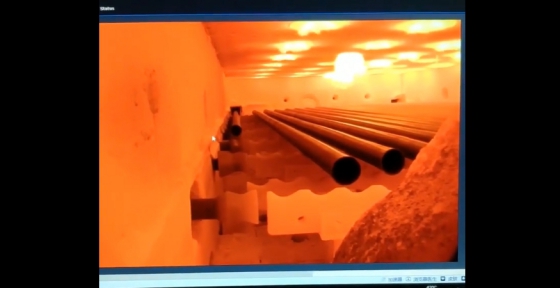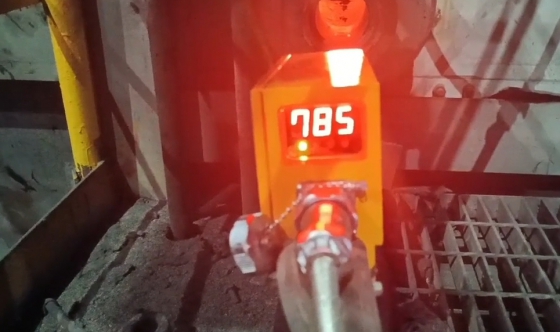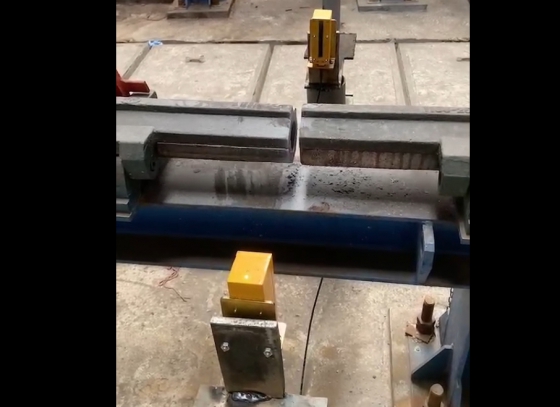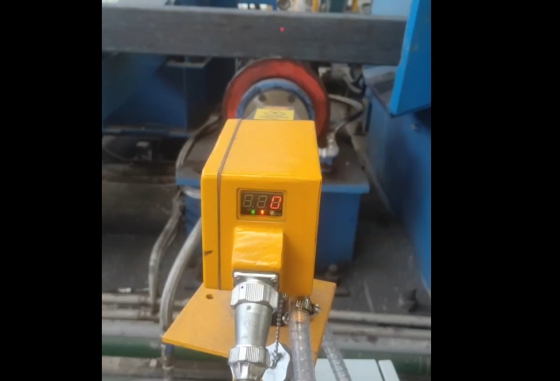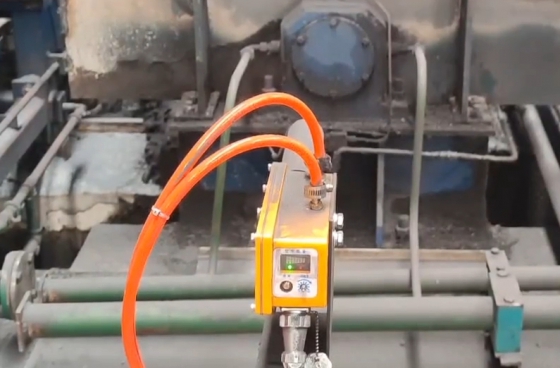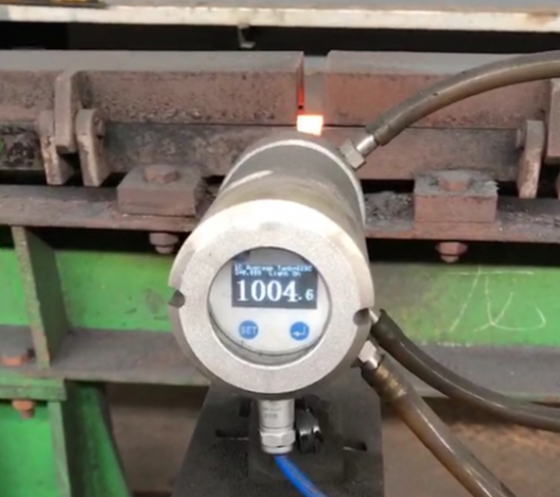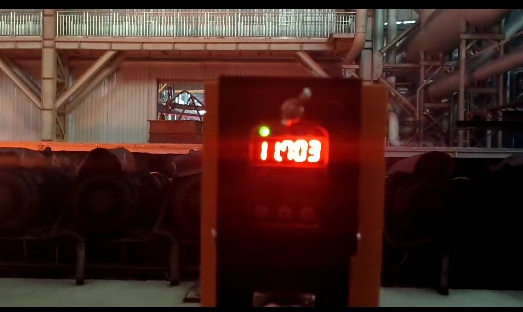Application of Through-Beam Laser Detectors in Steel Rolling Production Lines
I. Product Overview
The Through-Beam Laser Detector (Link) is a 650 nm red laser-based device designed for detecting opaque objects in metallurgical production lines. With long-range detection, robust anti-interference, and easy installation, it operates reliably in harsh environments (humidity, mist, dust) for extended periods.
II. Working Principle
The detector comprises a transmitter and receiver:
Laser Emission: The transmitter projects a red laser beam.
Signal Interruption: When an object blocks the beam, the receiver detects the change in reflected light.
Output Trigger: A digital output signal is activated upon interruption.
Signal Optimization: Built-in digital energy display helps fine-tune alignment for optimal signal quality.
III. Applications in Steel Rolling Lines
Key use cases include:
Object Detection & Positioning:
Tracks steel products or billets on the line to ensure synchronized rolling and accurate counting.
Safety Protection:
Monitors critical zones (e.g., mill entry/exit) for blockages or misalignments, triggering emergency shutdowns to protect personnel and machinery.
Automated Control:
Integrates with PLC/SCADA systems to enable real-time data exchange for intelligent, automated production.
Fault Diagnosis & Alerts:
Energy/fault alarm outputs enable proactive maintenance, reducing unplanned downtime.
IV. Key Advantages
The detector excels in steel rolling applications due to:
High-Precision Detection:
Laser technology achieves sub-millimeter resolution for precise object sizing/positioning.
Anti-Interference Performance:
Resists environmental noise (dust, moisture, vibrations) for stable operation.
Quick Installation & Calibration:
Modular design and intuitive setup minimize deployment time and labor costs.
Durability:
Industrial-grade materials and IP67-rated housing ensure long-term reliability with minimal maintenance.
V. Conclusion
The Through-Beam Laser Detector enhances steel rolling efficiency and safety through precision, automation, and rugged design. By streamlining operations and reducing risks, it supports cost-effective, intelligent automation in heavy industry.
 베일스틸
베일스틸

